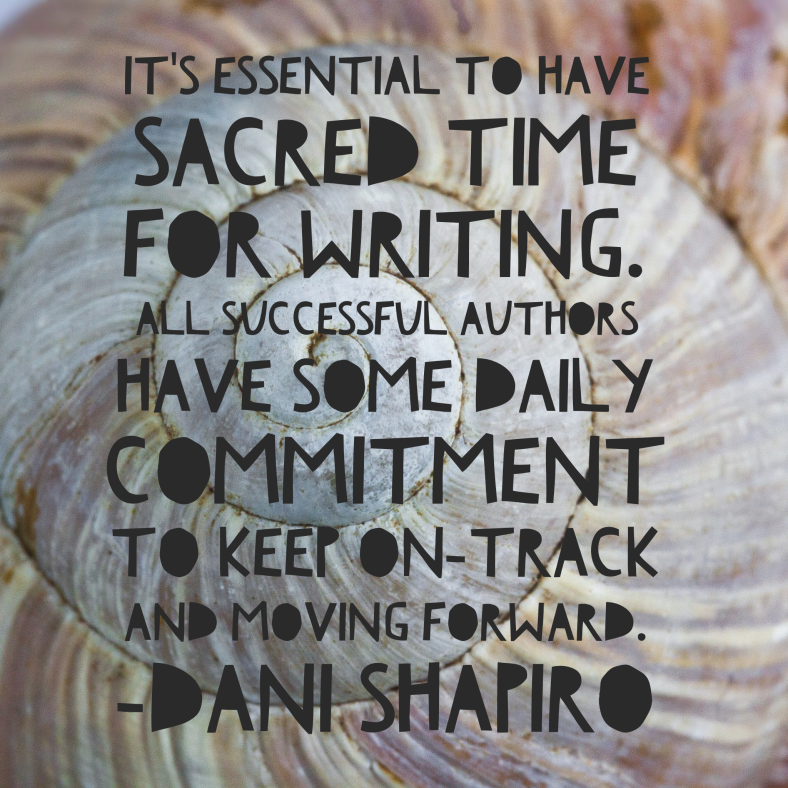
Back story is difficult. It’s essentially what the writer wants you to know about their character – the who and why – but what the character them self doesn’t get the opportunity to tell you.
Some writers and editors say cut it out altogether because it’s telling (not showing) and interrupts the flow of your story by taking readers out of the action.
I’m not of that view, but if you’re going to use it, here are some ideas on how to make it most effective:
- Break backstory up into short paragraphs or even sentences such as asides. That way you’re inserting interesting tidbits as the story moves on rather than great chunks of history that make readers fall asleep, or worse still, put your story down for good.
- Be sparing. Decide what it is you really need to say about the character. This way you can pare back four paragraphs of backstory into one concise, powerful and to the point paragraph or less.
- Pace your backstory so it’s eked out over the entire story rather than appearing in one chapter early on, which is a real trap. That way you’re using it to build and reveal character slowly.
- Also ensure a balance between backstory and the present moment. Backstory should be used sparingly. Did I say that already?
- Link backstory to action. Maybe your character is having a crisis of confidence so you flashback to an incident or summarise their family history to explain where this behaviour came from.
- Ask yourself if instead you can include backstory by having your characters say something to another character. That way the reader learns about their history but in the context of the present moment.
- Make backstory in deep point of view, not authorial. It needs to be in your character’s voice with their emotion so it’s meaningful and not a history lesson.
I’m off to cull and disperse more backstory in my MS. Good luck!
